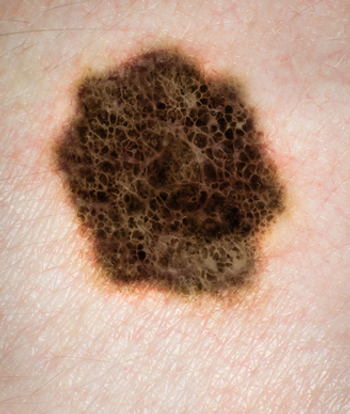
Advanced melanoma patients who progressed on ipilimumab were more likely to achieve an objective response when treated with nivolumab than with chemotherapy.

Your AI-Trained Oncology Knowledge Connection!


Advanced melanoma patients who progressed on ipilimumab were more likely to achieve an objective response when treated with nivolumab than with chemotherapy.

The use of intraperitoneal chemotherapy for the treatment of advanced ovarian cancer resulted in a survival benefit over intravenous chemotherapy.
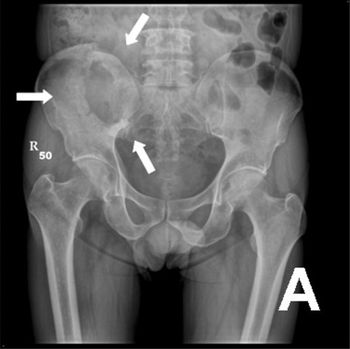
Researchers were able to demonstrate response to radiotherapy in breast cancer patients with osteolytic metastases by measuring increases in bone density.

Stem cell transplantation from an HLA-genoidentical sibling or an HLA-matched unrelated donor did not affect outcomes among high-risk pediatric ALL patients.
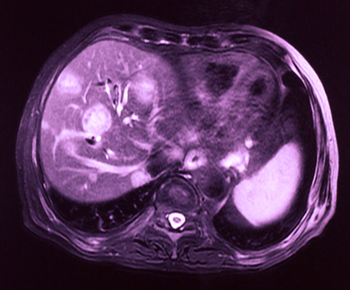
Current use of statins was associated with about a 50% decreased risk for liver cancer, according to results of a study looking at data from the United Kingdom.

If US colorectal cancer screening is increased to 80% by 2018, a new study predicts a decrease in both cancer incidence and mortality within 20 years.
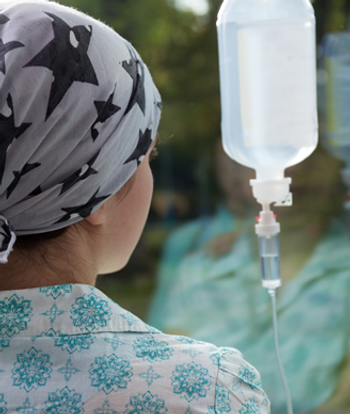
Onset of alopecia within the first 3 cycles of chemotherapy was associated with improved survival in ovarian cancer patients who completed 6 cycles of chemo.

Results of a single-institution study found the risk for fracture among survivors of hematopoietic stem-cell transplantation increased by nearly eight times.

The measurement of levels of C-reactive protein (CRP) in the blood has been found to be an independent prognostic marker for survival in patients with melanoma.
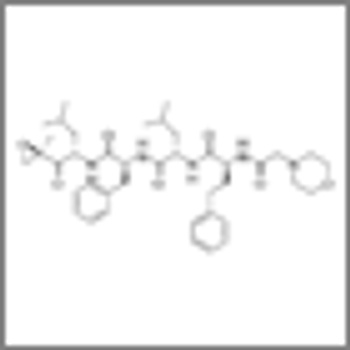
Treatment with carfilzomib and dexamethasone doubled the PFS in relapsed multiple myeloma patients compared with treatment with bortezomib and dexamethasone.
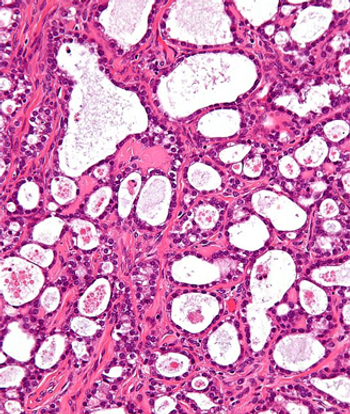
Researchers have discovered that ovarian cancers with ARID1A mutations may be sensitive to treatment with an inhibitor of EZH2 methyltransferase activity.

Looking at a large group of early-onset colorectal cancer patients, only 1.3% had TP53 mutations, none of whom met criteria for Li-Fraumeni syndrome.
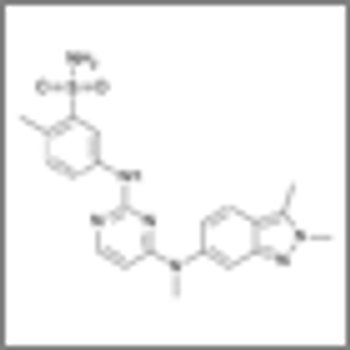
Phase II study results found that half of patients with relapsed or refractory urothelial carcinoma responded to treatment with pazopanib and paclitaxel.
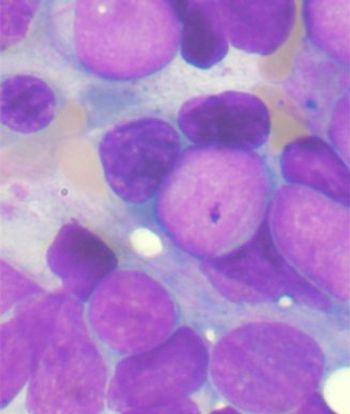
In patients with AML, post-therapy parameters including minimal residual disease and remission were found to be independent prognostic factors for outcomes.
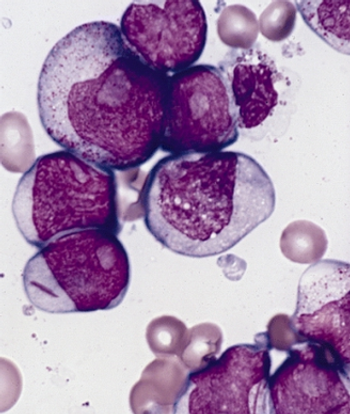
Induction treatment for acute myeloid leukemia with amonafide L-malate/cytarabine failed to improve the rate of complete response over daunorubicin/cytarabine.
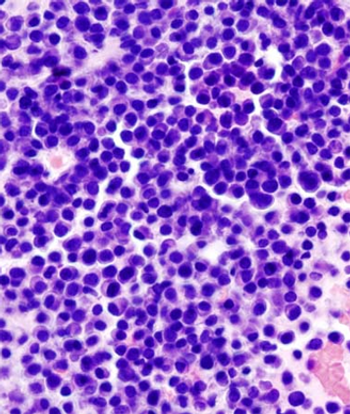
Multiple myeloma patients had better overall survival if they had prior knowledge of having monoclonal gammopathy of undetermined significance.

The idea that breast cancer is overdiagnosed is being perpetuated in an effort to reduce access to breast cancer screening, according to a presentation at MBCC.

As more treatment options become available for metastatic HER2-positive breast cancer, some questions regarding the optimal sequencing of therapies remain.
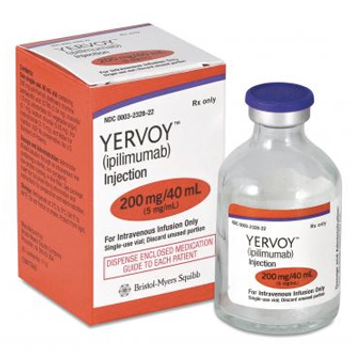
Advanced melanoma patients who received front-line ipilimumab/dacarbazine had double the 5-year survival rate compared with those on dacarbazine alone.

Bevacizumab as first-line therapy for metastatic CRC equated to an incremental cost-effectiveness ratio of more than half a million dollars per QALY.
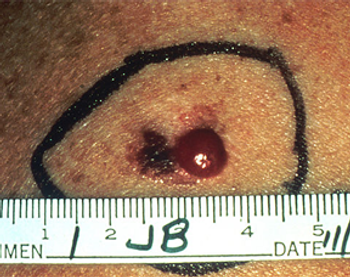
A single-institution study found that patients with melanomas of 4 mm thickness who had a negative sentinel lymph node biopsy had significantly prolonged survival.
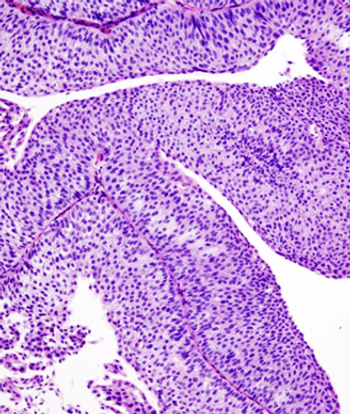
Patients with bladder cancer derived an overall survival benefit from the use of adjuvant chemotherapy compared with observation.
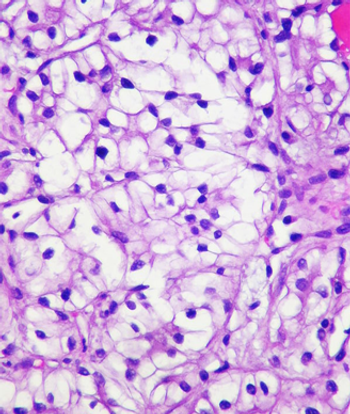
Metastatic renal cell carcinoma patients with an elevated neutrophil-to-lymphocyte ratio at baseline had inferior outcomes compared to those with a low ratio.
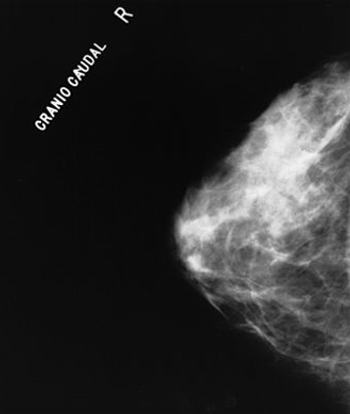
A physician’s age may have an effect on his or her opinions about the effectiveness of breast cancer screening methods, including self-exam and mammography.

Women with hormone receptor-positive breast cancer may be more scared, anxious, or concerned about treatment-related adverse events and cancer symptoms.

Women with breast cancer who received first-line eribulin were able to stay on treatment longer and had better outcomes when they received dose modifications.

According to a presentation at MBCC, modern breast cancer staging systems should include grade, estrogen receptor status, and possibly other biologic markers.

At MBCC, one presenter made the argument for screening mammography for all women starting at the age of 40, despite the controversy surrounding the topic.

Patients with lung and colorectal cancer who understood that chemotherapy would not cure them were no less likely to receive chemotherapy at the end of life.
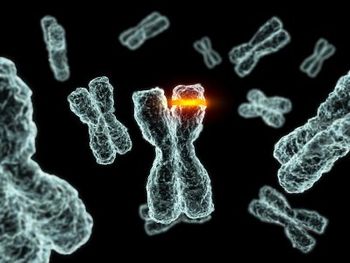
New data indicates that the order in which people acquired certain somatic mutations influenced several clinical features of myeloproliferative neoplasms.